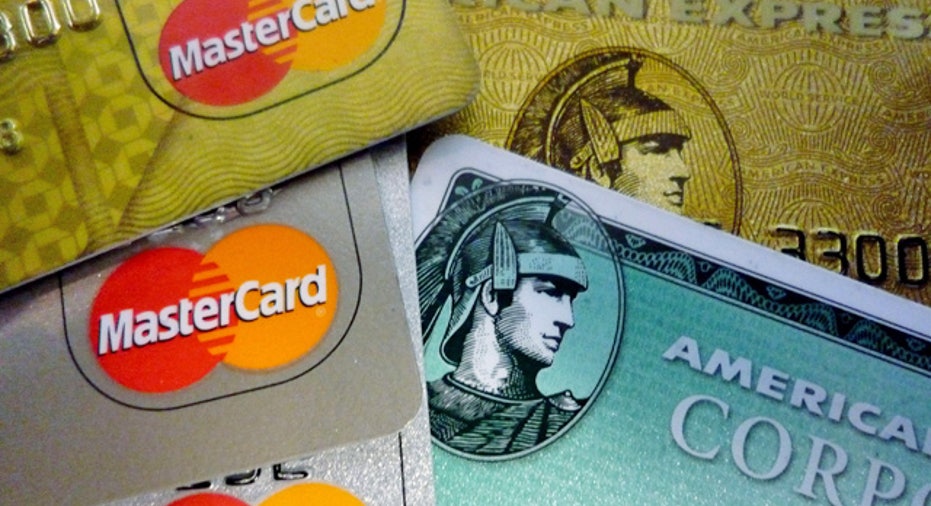Two Ways to Start Building a Credit History

Dear To Her Credit,
I am 19 years old and want to establish credit. How can I do this with no credit history?
- Kristopher
Dear Kristopher,
Your question is one that gets asked often, which makes sense because millions of young adults are in your precise position. You want a credit card so you can charge things, but how can you persuade a bank to offer you one if you've never done it before? The Credit CARD Act of 2009 made it far more difficult for people under the age of 21 to do so too, but it can be done. Here are a couple of viable options:
Method No. 1: Glom onto your parents. If your mom, dad or other trusted loved one is willing to help, you may be able to piggyback on their established credit. That person can co-sign on a new credit card account with you or add you to one they already have as an authorized user. Both designations will result in you being given a credit card with your name on it, and a credit history of your own will soon follow.
I always hesitate before advocating such jointly held accounts, but they can work out as long as all cardholders are aware of the potential problems and take pains to avoid them. For example, if someone co-signs, then you are equal partners. So while you might be the only one charging and paying, the issuer has the right to take legal action against either or both of you in the event the account goes delinquent. Credit damage will show up on all cardholders' reports as well.
And if you're an authorized user, you can charge with impunity, but you would not have the same legal responsibility to pay and the issuer couldn't sue you for any money due. However, the potential for credit report damage is the same as with a co-signed card.
The advantage of shared accounts is that if all cardholders treat them perfectly by paying on time and keeping the balance paid off or well below the credit limit, you'll kick start a credit history of your own. After a couple of years of regular and excellent use, you'll be able to offer proof to other lenders that you can handle a line of credit and may be able to qualify for a great unsecured card of your very own.
Method No. 2: Apply for a secured credit card. Think about why a credit card company might be willing to extend a person borrowing power. It would be because, the applicant has demonstrated that she's repaid what she charged before andalso is earning enough money to handle the amount that she is allowed to borrow.
At this stage, you don't meet the these requirements, but if you have a job, a credit card company may agree to issue you a secured credit card that's guaranteed by cash that you put down as collateral. If approved, they'll hold your money in a special account and offer you a line of credit that is close to that sum. If you default, the company will be able to claim the funds rather than having to sue you for the debt as they would with an unsecured account.
I do like secured cards because they allow people like you the opportunity to prove yourself without putting anyone else at risk. Also, the spending limits are usually small, so you can't get in over your head too badly.
Whichever type of account you start with, treat it right from the beginning. Never forget that all activity will wind up on your consumer credit reports and will stay there for a long time. Most derogatory information (such as late payments) will follow you for seven years, and positive information can stay indefinitely.
Got it? Great! Now spread this information among your teenage friends, Kristopher.



















